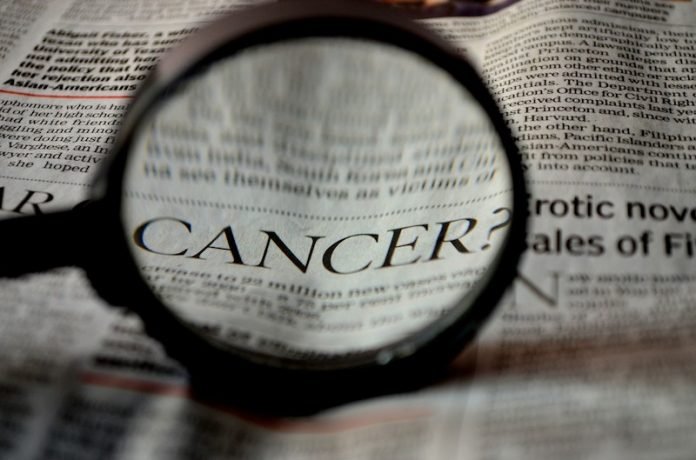
In a new study, researchers have found. why chemotherapy drugs work better with some types of cancers than with others.
The research may form the groundwork for other scientific or clinical developments in cancer treatment.
The research was conducted by a team from the Children’s Medical Research Institute.
Chemotherapy drugs work by causing a lethal level of stress on the processes occurring when cells are rapidly dividing, a hallmark of cancerous tissue.
But these drugs, which attempt to stop rapid cell division, are a blunt solution and are not always effective.
According to the team, the cancer cells can avoid dying depending on the type of mutation in a patient. These cells may go on to proliferate and actually promote cancer.
The research revealed that cancers avoid cell death via a range of cellular pathways.
The exact pathway the cancer cell uses depends on the particular mutations and other factors present in the cell.
Cells with certain cancer mutations, such as the common p53 mutation, are adept at avoiding their own death and go on to create further instability in the genome, making cancer even more diverse and hard to eradicate.
The research paints a picture of what must be present or absent in the cancer cell in order for a cell to avoid its own death via one pathway or another.
It could influence which class of chemotherapy is used for each cancer by giving doctors and scientists a better understanding of how the mutations in each type of cancer respond to various chemotherapy drugs.
The team hopes future work can better understand the relationship between cancer cells, chemotherapy, and genetic mutations.
Ultimately this is a step towards more personalized medicine.
The lead author of the study is Dr. Pragathi Masamsetti.
The study is published in Nature Communications.
Copyright © 2019 Knowridge Science Report. All rights reserved.



